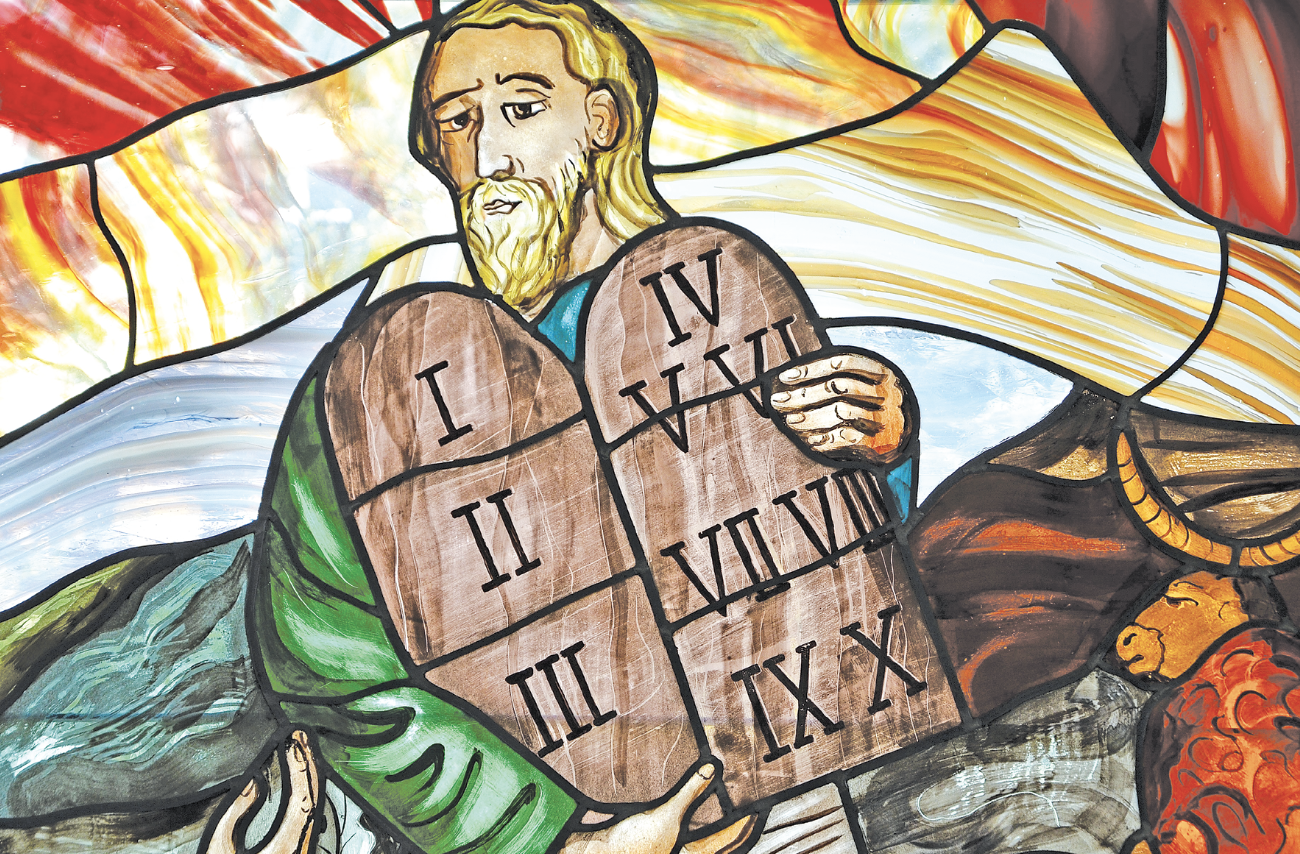I have a memory of being at my grandparents’ house as a kid one Easter. I remember gnawing away on what was left of a chocolate bunny while watching The Ten Commandments. The movie has its faults, but I have a genuine love for it, and even now, I do try to watch at least a bit of it every year at Easter.
This year I find myself thinking about one commandment in particular: the commandment that we should not make idols to worship, but should only worship God. Lately, I’ve come to believe that we have made idols of our churches, and maybe even of the Church as a whole. Do we worship Church/churches or God?
In a recent article in the Anglican Journal, Archbishop Nicholls talks about a new commission that is being tasked with finding “radical solutions” for the Church in light of all the challenges that we currently face. She says, “Every organization needs to ask itself periodically whether the framework for the life of the institution is helping or possibly hindering its professed mission.” The article is called “Primate proposes new commission to look for ‘creative, lifegiving solutions’ for church” for those who want to read it for themselves.
How much time do we spend worshiping our own physical churches, the parish structures, or the various groups within them, seeing them as the most important thing? These are not necessarily bad things, but by our nature we are all fallen, and what we build is always faulty on some level. We cannot put our human structures, no matter how well intentioned, in place of God.
There is a phrase being used lately to refer to those who don’t go to church for worship, but are quick to voice their opinions when the actual worshiping community tries to come up with the radical solutions that our primate talks about—we say that the people who scream loudest about change are the ones that identify the Anglican Church as “the church they don’t go to.” They are the ones for whom church has become an idol—the thing that they worship instead of God. They’re the ones who you don’t see coming out to share in the Eucharist, but they’re quick to voice opinions at congregational meetings—or worse still, in angry emails that spread through the community like a cancer. A list of past contributions to the Church is not a replacement for regular worship and communion; it is about propping up the institution that has made them feel powerful. What is being worshipped?
If there are fewer people in the pews these days, then so be it. Maybe those who have fallen away have done so because they weren’t there to worship God, but were there to worship the past, or the building, or were going because of an obligation to parents or grandparents, or they were really more interested in the social gatherings. There’s a good chance that those who have stopped going to church are just being more honest than previous generations who may have gone for all the wrong reasons. A friend recently said to me, “You know, you can’t make people go to church.” We need to stop making idols of our current, flawed structures, and be willing to focus on God, the sacraments, and the grace that we receive from them. Everything that we need will be provided when we put God first.


